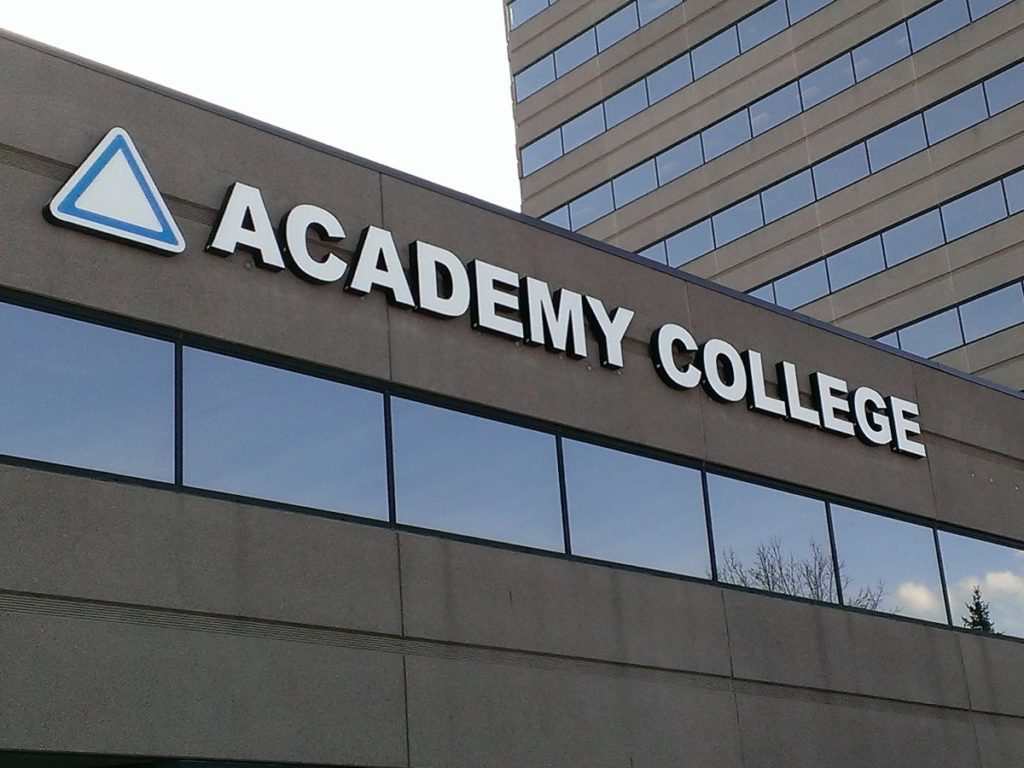For many people, picking a college major is an important step. What college major new college students choose may direct the course of their lives for several years and perhaps will define their entire life.
Picking a major is a challenging proposition for the 18-year old. However, not all college majors are created equal. For instance, studying in STEM fields (Science, Technology, Engineering, and Math) tend to have a greater requirement for math skills but not always. Somewhat similarly, majoring in guitar requires some proficiency with guitar or at least a willingness to gain that proficiency.
One way that researchers can gauge the difficulty of a major is by examining GPAs for graduates in those fields. All things being equal, higher GPAs in a major suggest that major is easier than others. Economist Cory Koedel found that Education is the easiest major because students of Education have much higher GPAs than other groups. In other words, grade inflation in Education programs makes it so that students can do quite a bit of slacking and still get a decent transcript.
Grade inflation among Education majors is worrisome because these people will teach America’s youth, but it must be said that just as taking anatomy classes isn’t the same as doing heart surgery, taking education classes is not the same as teaching. Regardless of teaching as a career, studying education has for a long time been considered less rigorous than many other fields. Still, as the old saying goes, those who can’t, teach. We cannot all be bankers and accountants after all.
Another researcher, Kevin Rask from Wake Forest, also found Education majors to have the highest GPAs. His five easiest majors also include Language, English, Music, and Religion. These studies, which we could loosely classify as in the arts or the humanities, are probably easier because they are often more fun–certainly more fun than organic chemistry.
Studying in English, for instance, is often reading novels, which some consider entertainment. Similarly studying world religions or doing something like developing your spirituality–whatever that means–also seems closer to entertainment than hard work. However to excel in even easy fields beyond a B on multiple choice tests requires hard, diligent work.
Overall college in many ways has become easier since the baby boomers’ time at the university. Labor economists Philip S. Babcock and Mindy S. Marks significantly found that recent college students only spent half as much studying as a typical student in 1960. There is no doubt that university support services such as tutoring have provided help that many students in the past lacked, but much research and commentary suggests something has fundamentally changed in the university. Some programs and majors stand out as especially lax.
Frankly, easy programs can be a reasonable choice for an incoming freshman, but the slacker student should be aware that one-day hard work is required. Jobs require careful, painstaking work, especially if you don’t sell out. An easy four-year degree that helps you network, learn the essentials, and prepare yourself for the labor market–in any field–might be better than the more vaunted, difficult degrees.
In addition, there are rarely set major requirements for professional or advanced degrees. You can major in anything and get a Master’s Degree in Public Health or Business Administration. Another point to consider is that the STEM fields too, especially for people with only undergraduate degrees, are also subject to outsourcing and mechanization. If you are going to be poor, instead of doing something you lack aptitude for and find difficult, you might as well be doing something productive and useful that you enjoy.




